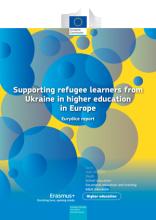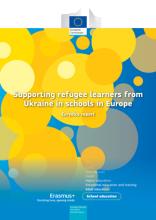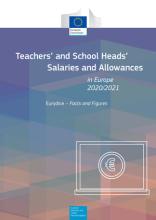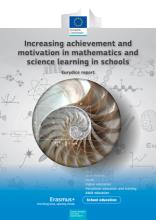The European Higher Education Area in 2018: Bologna Process Implementation Report
Full version EN
Epub EN
European Commission Press release
This latest Bologna Process Implementation Report presents a wide-ranging and detailed picture on how the European Higher Education Area (EHEA) has been moving forward since the Yerevan Conference in 2015. It follows the two previous Bologna Process Implementation Reports (2012 and 2015).
In particular, the report explores the evolution of the key policy areas identified by Higher Education Ministers in the Yerevan Communiqué of 2015. It does this through its seven chapters: The European Higher Education Area Landscape; Learning and Teaching; Degrees and Qualifications; Quality Assurance and Recognition; Opening Higher Education to a Diverse Student Population; Relevance of the Outcomes and Employability; Internationalisation and Mobility.
By using qualitative information and statistical data, the report outlines the current state of play of the Bologna Process from various stakeholders' perspectives. It also addresses the key commitments that underpin the EHEA: implementation of the three-cycle degree structure, recognition of qualifications and quality assurance. Moreover, the report outlines the Bologna Process's most recent priorities: learning and teaching, social inclusion and employability.
Produced for the European Ministerial Conference in Paris, which takes place on 24-25 May 2018, this report is the result of close collaboration between the Bologna Follow-up Group (BFUG), Eurostat, Eurostudent and Eurydice. The report's preparation also involved the European University Association, the European Students Union and the European Quality Assurance Register for Higher Education.





